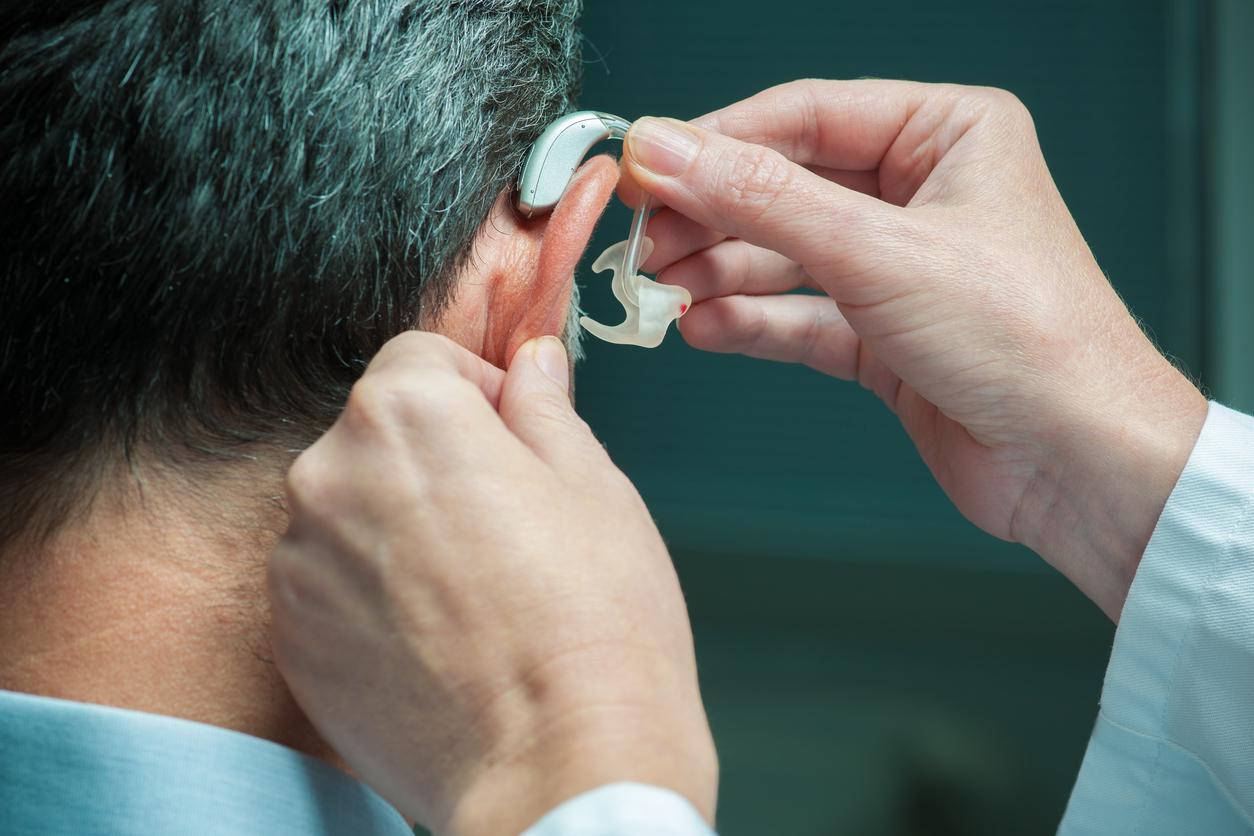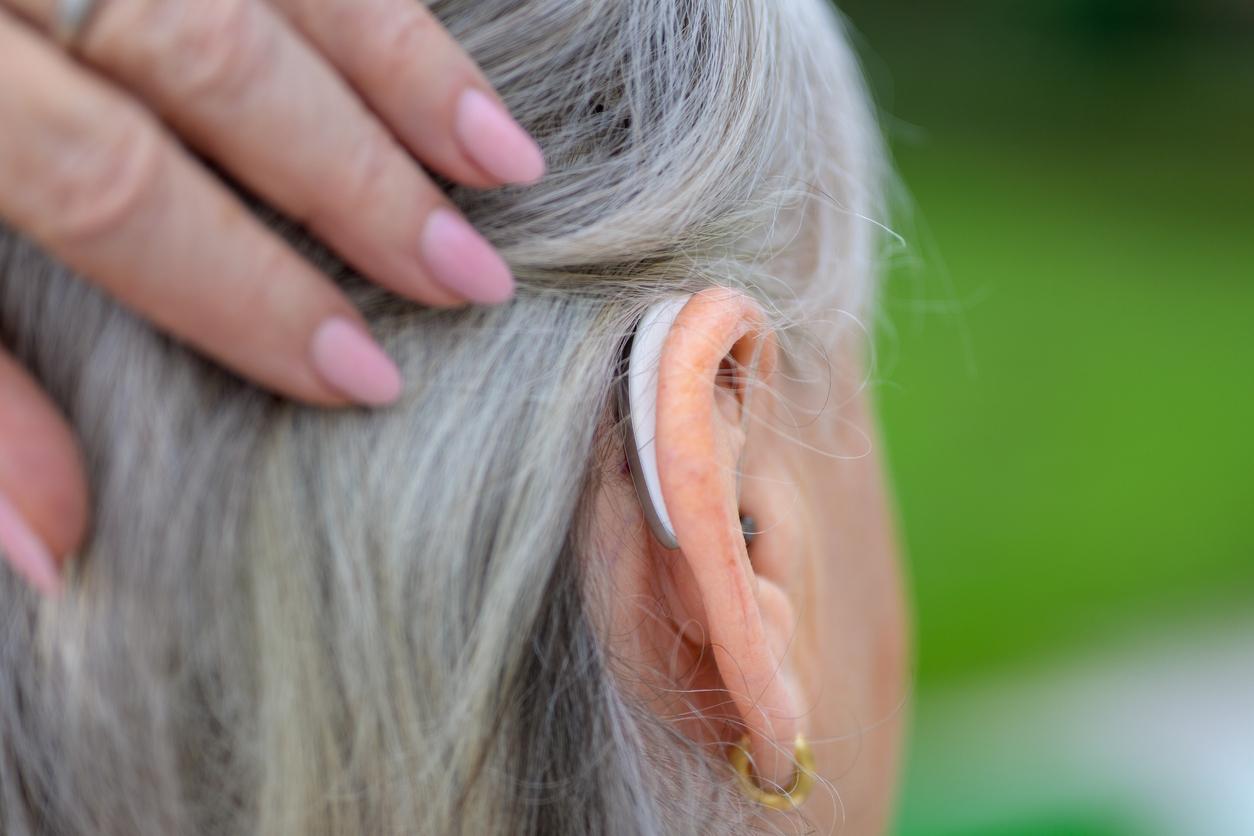Hearing someone make a grammatical mistake can make your heart stop beating.

- Our hearts may “skip a beat” when we hear grammatical errors, according to a new study.
- This finding suggests that there is a deep and measurable connection between our physiological reactions and our implicit understanding of language.
- “Our study could also ultimately help populations who cannot yet or no longer express themselves orally, due to their age (young or old) or poor health (physical/cognitive/mental). )”, concludes the author of the essay.
A recent study, published in the Journal of Neurolinguisticssuggests that our heart rate variability may be affected by hearing grammatical errors.
“I knew that some people (including myself!) are more annoyed than others by grammatical errors, and so I began to wonder if this could have a measurable physical manifestation. My team and I also knew that our pupils respond to stress: when something is frightening or difficult, our pupils enlarge. Heart rate is regulated by the same autonomic nervous system, and so one might expect that we would also find an effect on the heartbeat”, explains the research director.
Our heart may “skip a beat” when we hear grammatical errors
The researchers recruited 41 British people aged 18 to 44 to take part in the study. Participants were carefully selected to ensure a range of education levels and familiarity with foreign accents, but with no known learning difficulties or heart rate issues.
Participants listened to 40 short audiotapes of English speeches. Half of these samples contained grammatical errors specifically related to the use of articles such as “a”, “an” And “tea”. To add complexity and realism, the speech excerpts were presented with different accents (British and Polish) and were delivered by male and female voices.
The researchers then measured the participants’ heart rates while listening to these samples. They then discovered that our heart could “skip a beat” when we hear grammatical errors.
What good does it do to know that our hearts react to grammatical errors?
This finding suggests that there is a deep and measurable connection between our physiological reactions and our understanding of language. This discovery also opens new perspectives for research into the assessment of linguistic knowledge using cardiovascular measures.
“Our study could also ultimately help populations who cannot yet or no longer express themselves orally, due to their age (young or old) or poor health (physical/cognitive/mental). )”, concludes the author of the essay.
Finally, it would be interesting to see how these results could be applied in other areas of research.

















